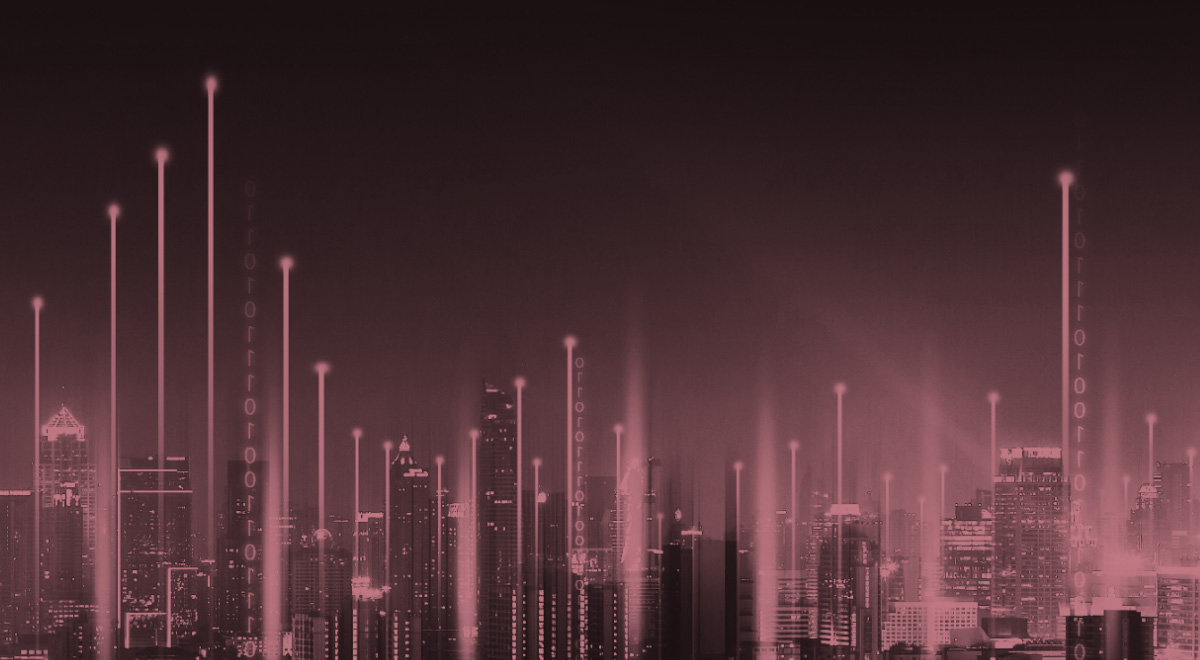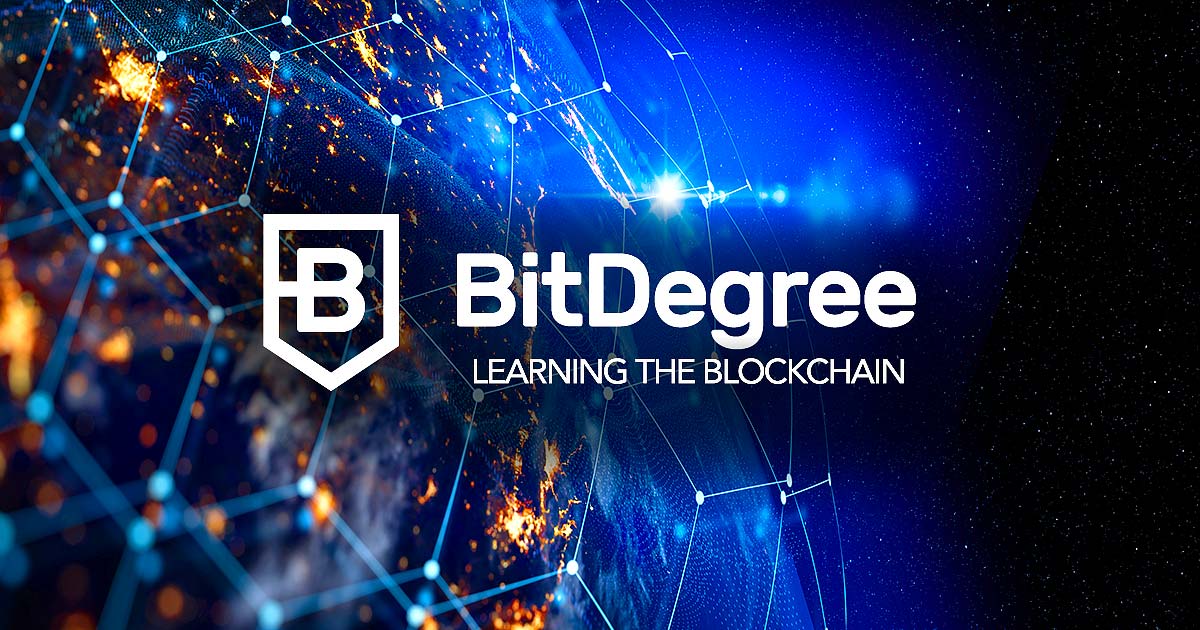What is Disruptive Tech?
Disruptive technology refers to innovative inventions or evolved current technology that changes the way society behaves, thinks, or interacts. It also changes the way businesses or industries operate. For example, plastic disrupted the way products were packaged and created, replacing materials like wood, glass, and metals due to its lightweight and portability. However, the overproduction of plastic has now created a need for new disruptive technology to clean up or reduce its use.
Similarly, streaming platforms for movies, TV series, and music have disrupted the way we consume entertainment. With the help of the internet, these platforms have not only changed the way we receive entertainment but also how entertainers earn a living.
Top Disruptive Technologies That Could Dominate the Future
The Fourth Industrial Revolution is upon us, characterized by complete digital transformations and emerging technological advances. Here are five notable disruptive technologies that are shaping our future:
Blockchain
Blockchain is a large, distributed database that enables direct recording of all types of transactions between parties without the need for intermediaries. It offers real-time, secure, and traceable transactions. The disruptive nature of blockchain arises from its four important characteristics:
- Open record: The open ledger ensures data transparency as each person on the network knows what information others possess.
- Chain of transactions: Each transaction is recorded on a block, and once verified, it is added to the chain, enabling full traceability.
- Decentralized nature: There is no centralized transaction log. Instead, all participants have an identical and updated copy of the database, ensuring system function even if parts fail.
- Consensus mechanism: Every transaction block undergoes verification, requiring a complex mathematical algorithm to be solved before being added to the chain. This prevents falsification attempts.
Blockchain finds applications in banking, government, supply chain management, healthcare, insurance, and transportation, streamlining processes and increasing security.
Artificial Intelligence and Machine Learning
Artificial intelligence (AI) and machine learning (ML) are interrelated. AI refers to computers imitating cognitive human functions, while ML involves teaching computers to extract patterns from AI data and apply them to new tasks. The collaboration between humans and machines can lead to a better future, dispelling notions of AI dominance.
For instance, AI has disrupted the sports industry with technologies like Electronic Line Calling. Using AI, data, algorithms, and cameras, Electronic Line Calling accurately determines whether tennis balls land inside or outside court lines. This technology replaced line umpires during the pandemic to minimize infections, showcasing the positive impact of AI.
The Cloud
The cloud has become an essential resource for businesses and personal use. It allows users to access files and applications from various devices by storing them on servers in data centers worldwide. This eliminates the need to download multiple copies of documents, ensures accessibility from any internet-connected device, and allows data to be carried wherever you go.
The cloud has revolutionized the way businesses and industries utilize and share data, enhancing efficiency and flexibility in an ever-changing environment.
Internet of Things
The internet of things (IoT) connects physical objects to the internet, enabling easy communication between objects or with a central controlling entity. IoT components include RFID (tag identification system), EPC (Electronic Product Code), and edge computing (processing data closer to the source).
IoT has digitalized physical objects, revolutionizing business models and industries. It paves the way for a more connected world, transforming the way we interact with our surroundings.
Cybersecurity
With the rapid emergence of disruptive technologies, cybersecurity plays a crucial role in protecting companies from computer attacks and privacy vulnerabilities. Solutions such as AI and ML, IoT protection, multi-factor authentication, and permission requirements help keep cybersecurity ahead of potential threats.
As disruptive technologies continue to grow, cybersecurity must evolve alongside them to ensure data and privacy remain secure.
Learn About Disruptive Technologies at MIT Professional Education
If you want to delve deeper into the world of disruptive technologies, MIT Professional Education offers the Digital Transformation: From AI and IoT to Cloud, Blockchain, and Cybersecurity course. This comprehensive course covers the five disruptive technologies discussed in this article, providing insights into how they reshape businesses and industries.
In this course, you’ll explore topics such as intelligent transactions and contracts via Ethereum, cloud architecture and GitHub, WebSocket chat applications, IoT applications in business, and the transformative impact of AI in industry and education.
To transform your career or gain in-depth knowledge about disruptive technologies, consider joining the Digital Transformation course at MIT Professional Education.
Q: What is disruptive technology?
A: Disruptive technology refers to innovative inventions or evolved current technology that changes the way society behaves, thinks, or interacts. It also transforms the way businesses or industries operate.
Q: How has the cloud become a disruptive technology?
A: The cloud, a system of servers located in data centers worldwide, allows users to access files and applications from various devices. With the storage happening on servers instead of locally on devices, the cloud eliminates the need to download multiple copies of documents, enhances accessibility from any internet-connected device, and enables seamless data transfer across devices.
Q: How does the internet of things (IoT) disrupt society?
A: The internet of things (IoT) connects physical objects to the internet, creating a network of interconnected devices. IoT has digitalized physical objects, transforming business models and industries. It enables easy communication between objects, or between objects and a central controlling entity, revolutionizing the way we interact with our surroundings.
Q: Why is cybersecurity important in the age of disruptive technologies?
A: With the rapid emergence of disruptive technologies, cybersecurity is crucial in protecting companies from computer attacks and privacy vulnerabilities. To stay ahead of potential threats, cybersecurity employs solutions such as AI and ML, IoT protection, multi-factor authentication, and permission requirements.
As we embrace the Fourth Industrial Revolution, disruptive technologies are shaping our future in profound ways. From blockchain and AI to the cloud, IoT, and cybersecurity, these technologies are driving digital transformation and revolutionizing various industries. Understanding and harnessing their potential can lead to innovative solutions and new opportunities in the evolving landscape of technology.




